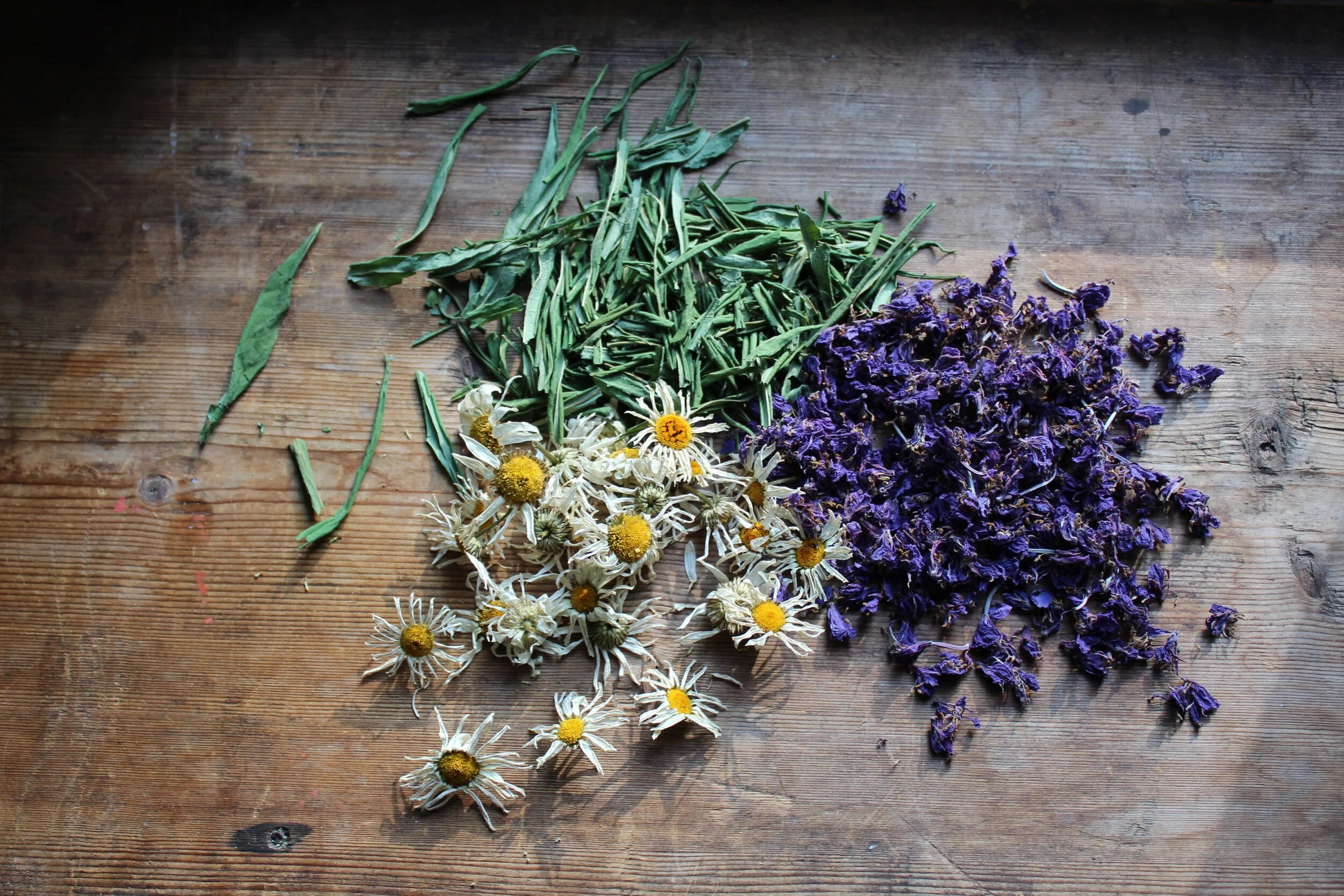3 Classes of Herbs that Support Digestion
The digestive system is composed of different organs that work together to break down the food we eat, absorb nutrients for use in the body, and eliminate waste. These are incredibly important processes to keep thriving for an optimal healthy state. Unfortunately, digestive symptoms are incredibly common, and many people experience bloating, excess gas, acid reflux, constipation, and loose stools. Dietary factors play a major role in optimizing digestion, but in addition to exploring food correlations, herbal medicines play a wonderful role in supporting digestive function.
Bitters
When taste receptors on the tongue detect a bitter flavor, the central nervous system activates digestive organs to prepare for breaking down and absorbing food. The result is an increased release of digestive secretions, such as saliva, enzymes, and bile, which all play important roles in digestive processes. The bitter principle can be utilized via herbal tincture extracts containing bitter herbs, such as dandelion, angelica, or chamomile. Bitter foods such as arugula and mustard greens are also beneficial.
Carminatives
The volatile oils in carminative herbs act to soothe and settle the gut wall and coordinate intestinal contractions. This eases cramping and assists in expelling gas. Carminative herbs include peppermint, ginger, fennel, rosemary, lemon balm, and chamomile, which are wonderful to ingest as mealtime teas.
Demulcents
Demulcent herbs are rich in mucilage, a compound that soothes, protects, and promotes healing of irritated or inflamed tissues. They create a protective coating in the digestive tract, which reduces symptoms of acid reflux and eases irritation in the intestines. Demulcents also act as soluble fiber, and assist in bowel health by bulking and softening the stool. Herbal examples include slippery elm, marshmallow root, and licorice.
Disclaimer: This information is intended for general informational purposes only, and should not be substituted for professional medical advice. Certain herbs discussed in this article are not safe for everyone and have potential for harmful herb-drug interactions. Always consult your licensed healthcare provider before initiating new treatment.
